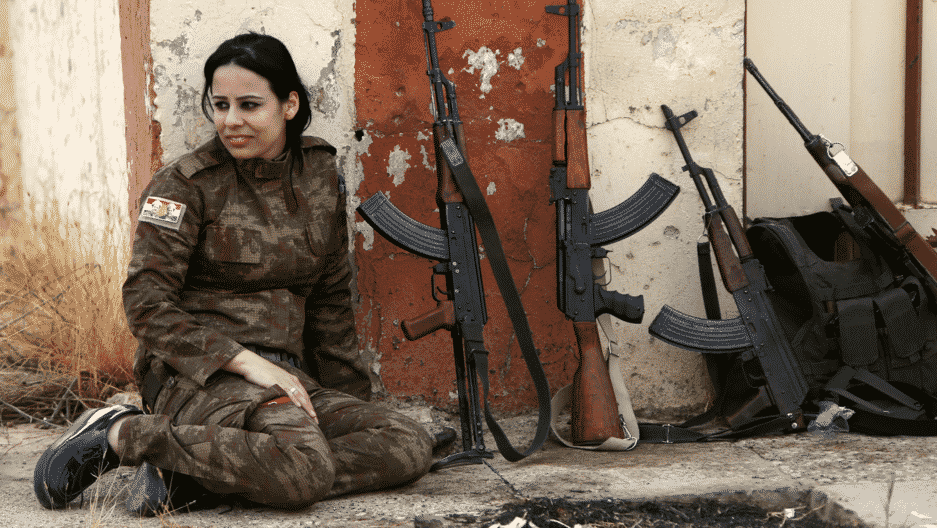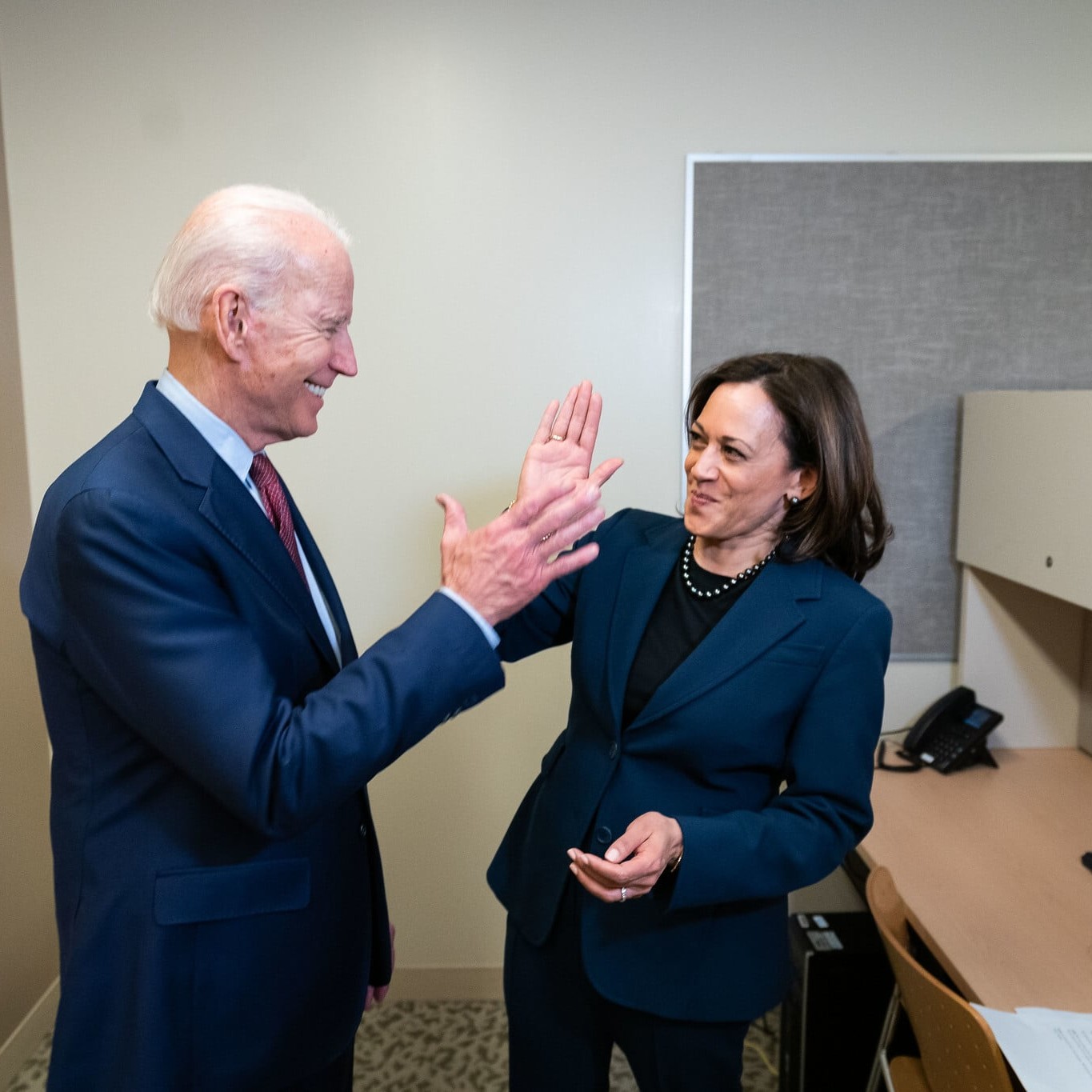Dear Kurdish soldiers,
You don’t know me, but I have known of you for most of my adult life. When my military husband and I quickly married, knowing he was deploying to the Middle East to be part of the 2003 invasion of Iraq, I feared what he and his Special Operations unit would face when they arrived.
How bad would the fighting be? How long would they be gone? Would he survive? Months later, he returned and recounted to me what he could about his experience. I asked how he had made it through. He replied, “We had help. We had the Kurds.”
He told me stories of how the Kurdish people in Northern Iraq supported the troops, advised them, stood by them, fought shoulder to shoulder with them in combat, and became allies and friends. And I became grateful — immensely, unwaveringly, and forever grateful for you.
Since then, the word “Kurds” in my home has meant something. It has meant “ally” and “friendship.”
There are pictures of Iraqi Kurds alongside my husband and fellow soldiers in our home. I have a coffee mug with depictions of female Syrian Kurdish soldiers on it that I proudly use to remind me of you. My children play soccer in their Kurdistan jerseys.
The Kurdish people are not nameless, faceless people across the world. You hold a place of honor and respect in our home. It’s important to me that all of you know that. I owe you so much. My husband is home safe today after years of fighting and I know you helped make that happen.
But now, I watch the news in horror. I see promises broken, progress destroyed, years of hard work and unimaginable sacrifice gone in a tweet. I see allies betrayed, their faces in my picture frame. While watching the news, my children turn to me and ask if those are our friends and I say yes. They have looks of confusion on their faces.
I can’t imagine what your families are going through. I can’t imagine their fear. I can’t imagine these things because for the last 17 years you have fought to help us keep an attack off our soil, and I know that has now compromised your safety. It breaks my heart.
Where I come from, a person’s word means something. Our honor and integrity are everything, as I know yours are to you. To read in international newspapers that the United States, my country, has abandoned the Kurds is absolutely heartbreaking.
Hasty decisions like this have not only put your people in terrible danger, they make the situation for our soldiers there on the Syrian-Turkish border much more difficult. My husband was with you on that border not long ago and I can’t imagine what our soldiers’ families are feeling right now.
And it’s not just safety. It’s hard to imagine how difficult it is for American soldiers to hear a partner and ally’s calls for help and not be allowed to answer them. It’s also hard to imagine you having to turn to Putin or the Assad regime for support because you could no longer count on Americans to keep their promise.
I worry for the safety of you and your families. I worry about the instability of the region and what that could mean for the future. I worry about the thousands of ISIS fighters we worked so hard to put in prisons, and who you must walk away from as you defend yourselves. I can’t imagine the threat that now poses for us all. I see the look on my husband’s face when he watches the news at the end of the day. The only phrase that comes to mind is “I’m sorry.”
I write you today, on behalf of my family, to say thank you for everything you have done for us. Thank you for your friendship, for keeping your word and fighting alongside us, for staying the course year after year. Thank you for keeping my husband safe so he could come back home to me and my children. You have my sincerest prayers today that you too may safely return to yours. Thank you to your families that sacrificed without you, so you could make this partnership happen.
I pray we return to your side, that we stand by you, and that this has not all been in vain.
Forever yours,
A Grateful Wife
This article was written by the wife of a Special Operations soldier, who has served throughout the Middle East. CNN is not revealing her identity at her request.
A Yazidi woman who joined the Kurdish Peshmerga forces sits next to rifles in the town of Bashiqa, after it was recaptured from the Islamic State, east of Mosul, Iraq Nov. 10, 2016. Credit: Alaa al-Marjani/Reuters
Redazione
La redazione di Babilon è composta da giovani giornalisti, analisti e ricercatori attenti alle dinamiche mondiali. Il nostro obiettivo è rendere più comprensibile la geopolitica a tutti i tipi di lettori.
L’evoluzione dei sanitari a terra: design moderni e materiali innovativi per una scelta sempre più popolare
23 Dic 2024
Quando si parla di design di interni e arredamento sono tantissimi i fattori che entrano in gioco. Ciascuno di noi ha…
Se le questioni di genere dettano le agende di politica estera
19 Dic 2024
Il perseguimento di politiche identitarie da parte dell'establishment della politica estera occidentale sta portando a…
Dall’origine straniera all’icona americana: il fenomeno dello sport negli Usa
14 Mar 2024
Molti sport americani sono accomunati da un aspetto particolarmente curioso: raramente sono davvero nati sul suolo…
Roulette europea, francese o americana? Ecco un approfondimento
22 Set 2023
La roulette è un classico intramontabile dei casinò, amata da milioni di appassionati in tutto il mondo. Una delle…




